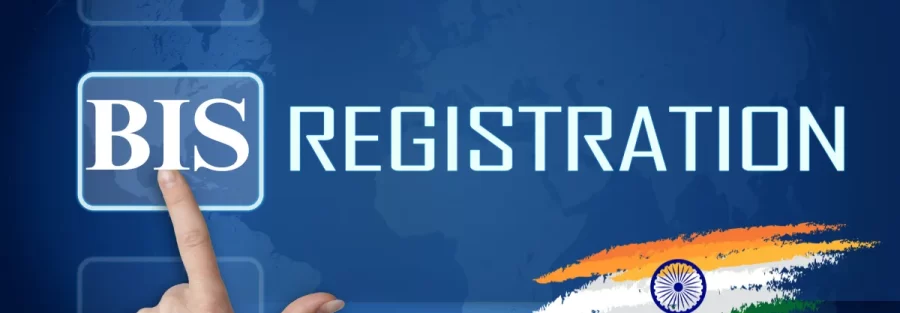In today’s competitive marketplace, ensuring your products meet quality standards isn’t just recommended—it’s essential for success. For businesses operating in or exporting to India, obtaining BIS registration is a critical step that demonstrates your commitment to quality and compliance. In this comprehensive guide, we’ll explore everything you need to know about BIS registration, including its benefits, the application procedure, required documents, validity periods, and how Curated Exim can assist you throughout the process.
What is BIS Registration?
BIS registration is a certification granted by the Bureau of Indian Standards (BIS), India’s national standards body. This certification confirms that your products comply with the quality and safety standards established by the Indian government. Whether you’re a manufacturer, importer, or exporter, BIS registration serves as proof that your goods meet the necessary requirements for the Indian market.
Key Benefits of BIS Registration
Quality Assurance
BIS registration establishes minimum quality standards that products must meet. This focus on quality helps businesses improve their production processes and deliver better products to consumers.
Enhanced Reputation
Consumers view BIS-certified products as trustworthy and compliant with legal requirements. This certification can significantly boost your brand’s reputation and consumer confidence.
Market Access
For businesses looking to expand internationally, BIS registration demonstrates your commitment to quality, making your products more appealing to global buyers.
Legal Compliance
Certain products are legally required to have BIS registration before they can be manufactured, distributed, or sold in India. Compliance helps avoid legal issues and penalties.
Cost Efficiency
By focusing on quality, businesses often reduce waste and unnecessary expenses, leading to more efficient operations.
BIS Registration Procedure
Application Submission
The process begins by submitting an application to the Bureau of Indian Standards in the prescribed format. This application should include all relevant business and product information.
Document Submission
You’ll need to provide several important documents, including identity proof, address proof, brand registration certificate, and product samples.
Preliminary Inspection
A BIS officer will conduct an initial inspection of your manufacturing facilities or premises to ensure they meet the necessary standards.
Product Testing
Product samples will be tested in authorized BIS laboratories. These tests verify whether your products meet Indian quality standards.
Evaluation and Surveillance
After testing, BIS officials will evaluate the results and may conduct surveillance visits to your factory to verify compliance with test reports.
Certificate Issuance
Once all requirements are met, BIS will issue your registration certificate. The entire process typically takes several weeks to complete.
Documents Required for BIS Registration
- Identity proof of the applicant
- Address proof of the applicant
- Brand registration certificate
- Product samples
- Certificate of registration or incorporation of your business entity
- Any additional documents requested by BIS authorities
Validity and Renewal of BIS Registration
BIS certificates are initially valid for two years. Upon expiration, you can renew your registration for periods ranging from one to five years. The renewal process requires updated documentation and may include additional inspections or testing to ensure continued compliance with standards.
Conclusion
BIS registration is more than just a formality. It’s a powerful tool for building consumer trust, ensuring quality, and gaining access to the Indian market. By understanding the benefits, procedure, and requirements, businesses can navigate this process efficiently and position themselves for success in India’s competitive marketplace.




